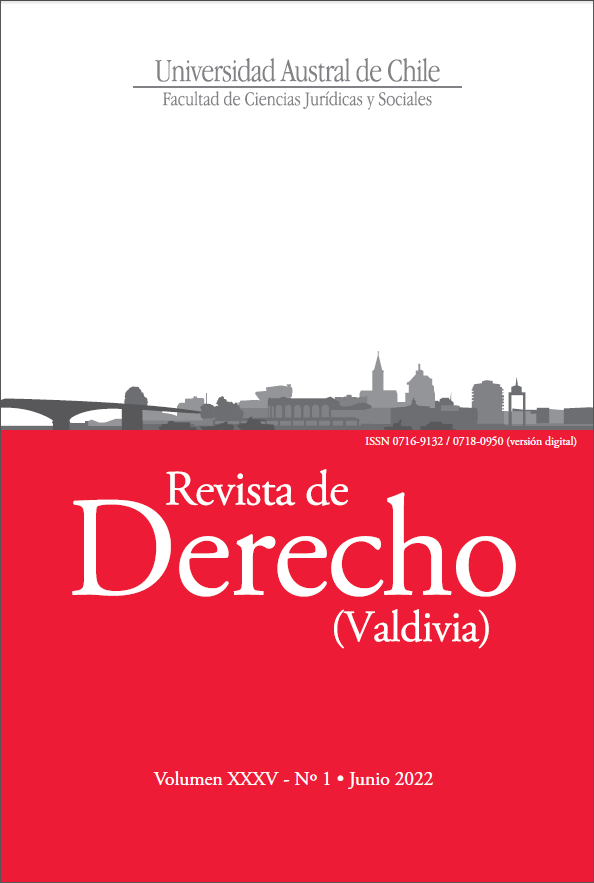Why judges dissent? Analysis of coalition formation in the chilean Supreme Court in compensatory prescription issues against the State in human rights cases
Main Article Content
Abstract
This paper uses an empirical approach to explain the propensity to issue dissenting opinions by the members of the Chilean Supreme Court. Although the composition of the court varies significantly, there are two stable coalitions: a large and homogeneous coalition that pushes toward unanimity, and a small and heterogeneous coalition that pushes in the opposite direction. On the other hand, whereas the workload of the court is high, and its jurisdiction extends to different subject matters, the dissenting opinions are concentrated on cases regarding the liability of the State for violations to human rights. This allows to qualitatively discuss whether the decisions of these judges would be reflecting political preferences, strategical behavior, or a legalist approach. Finally, this research adapts the traditional methodology of empirical analysis of dissents, adding as relevant factors the low percentage of divided decisions, the high workload of the court and an unstable composition.


 http://orcid.org/0000-0001-6537-4378
http://orcid.org/0000-0001-6537-4378